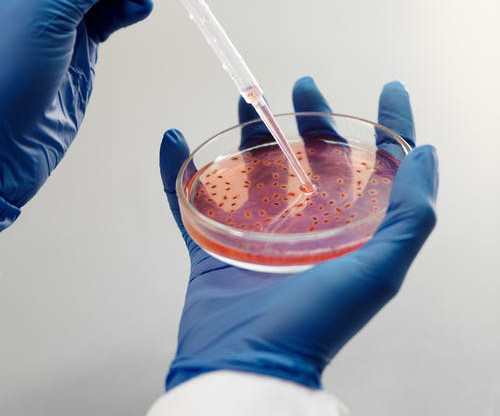Transforming Biomanufacturing: Potential of Cell Free Systems
Roots Analysis
AUGUST 15, 2023
Overview of Cell Free Systems Cell-free systems are in-vitro platforms which allow occurrence of biochemical reactions in the absence of living cells. It is worth mentioning that the first reconstituted system, Protein Synthesis Using Recombinant Elements (PURE) , was developed in 2001.













Let's personalize your content